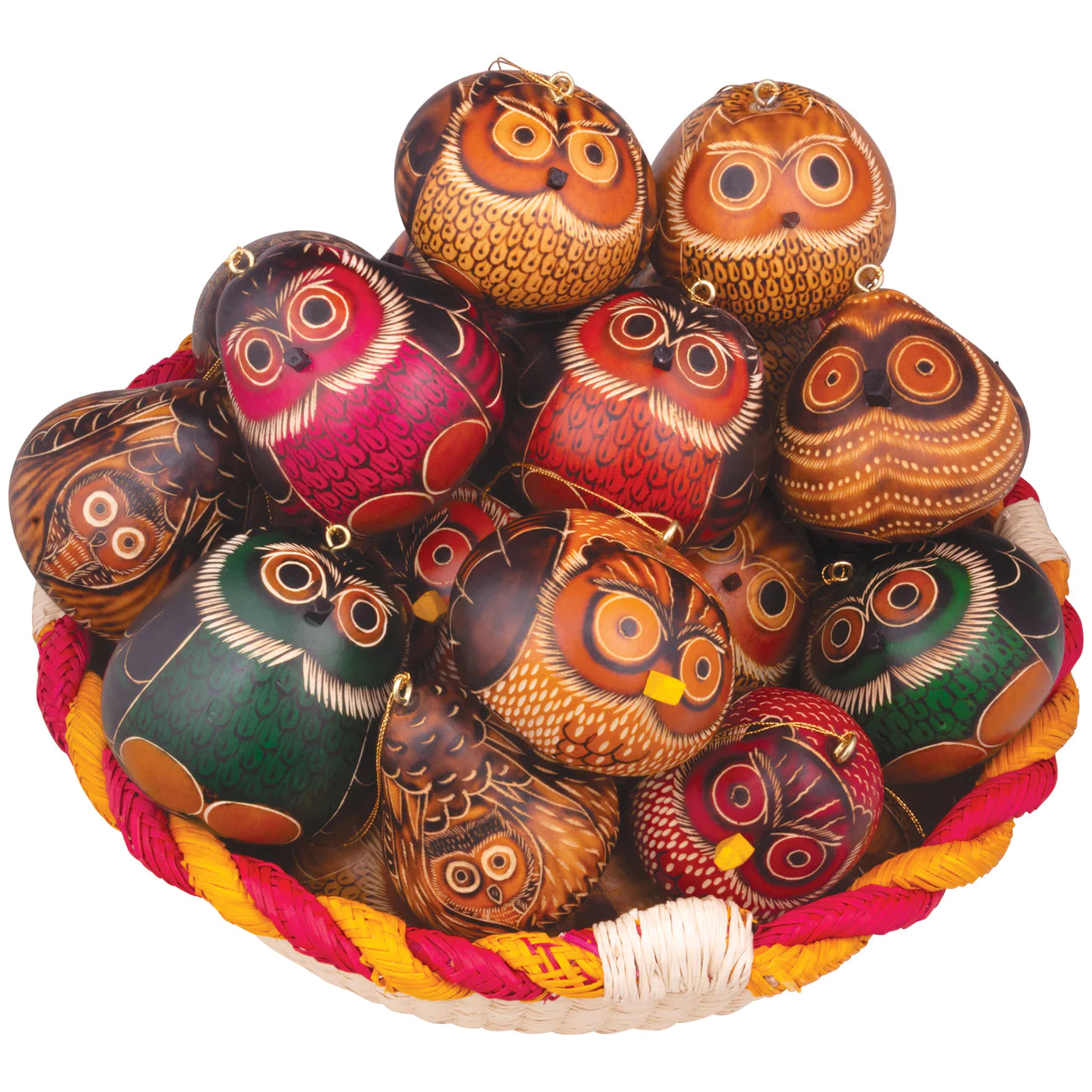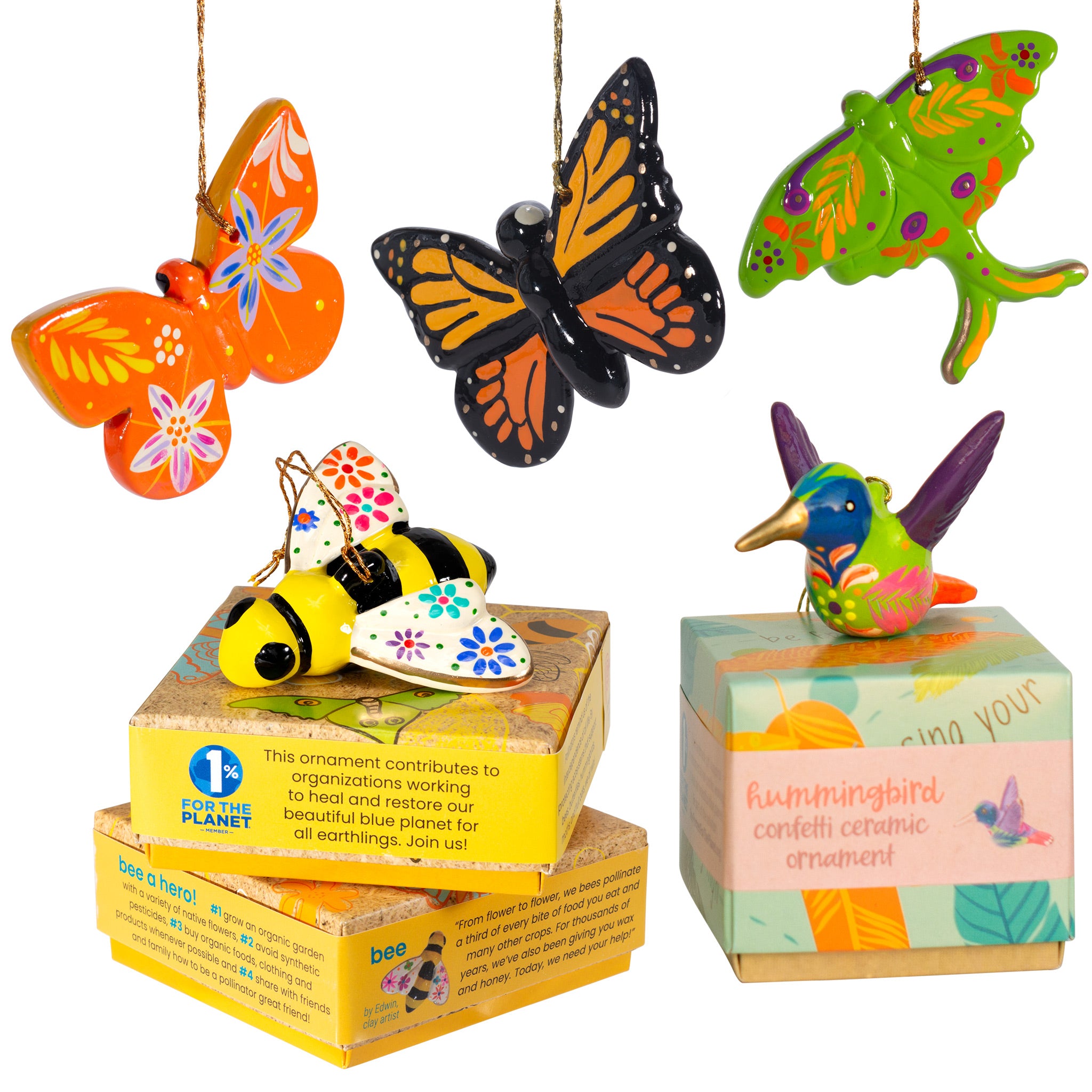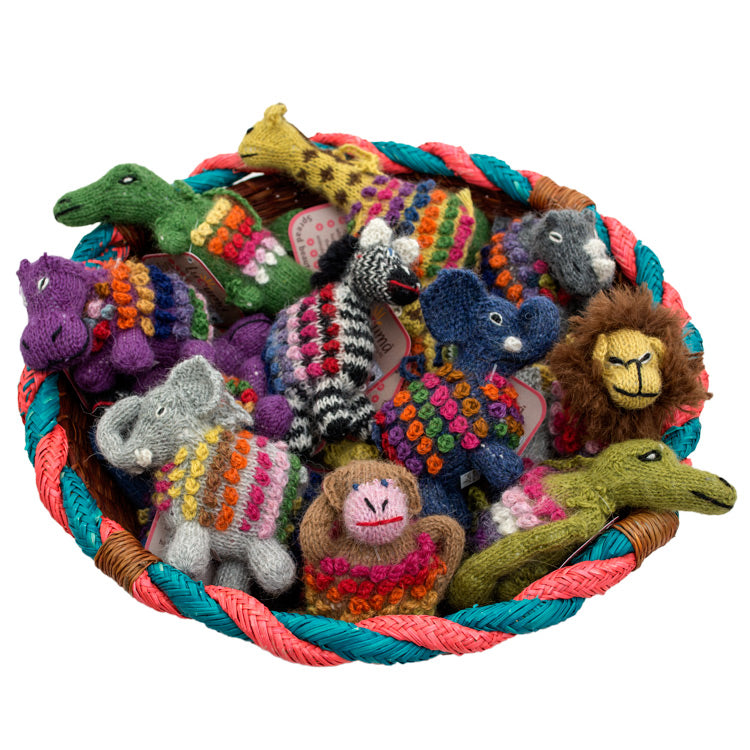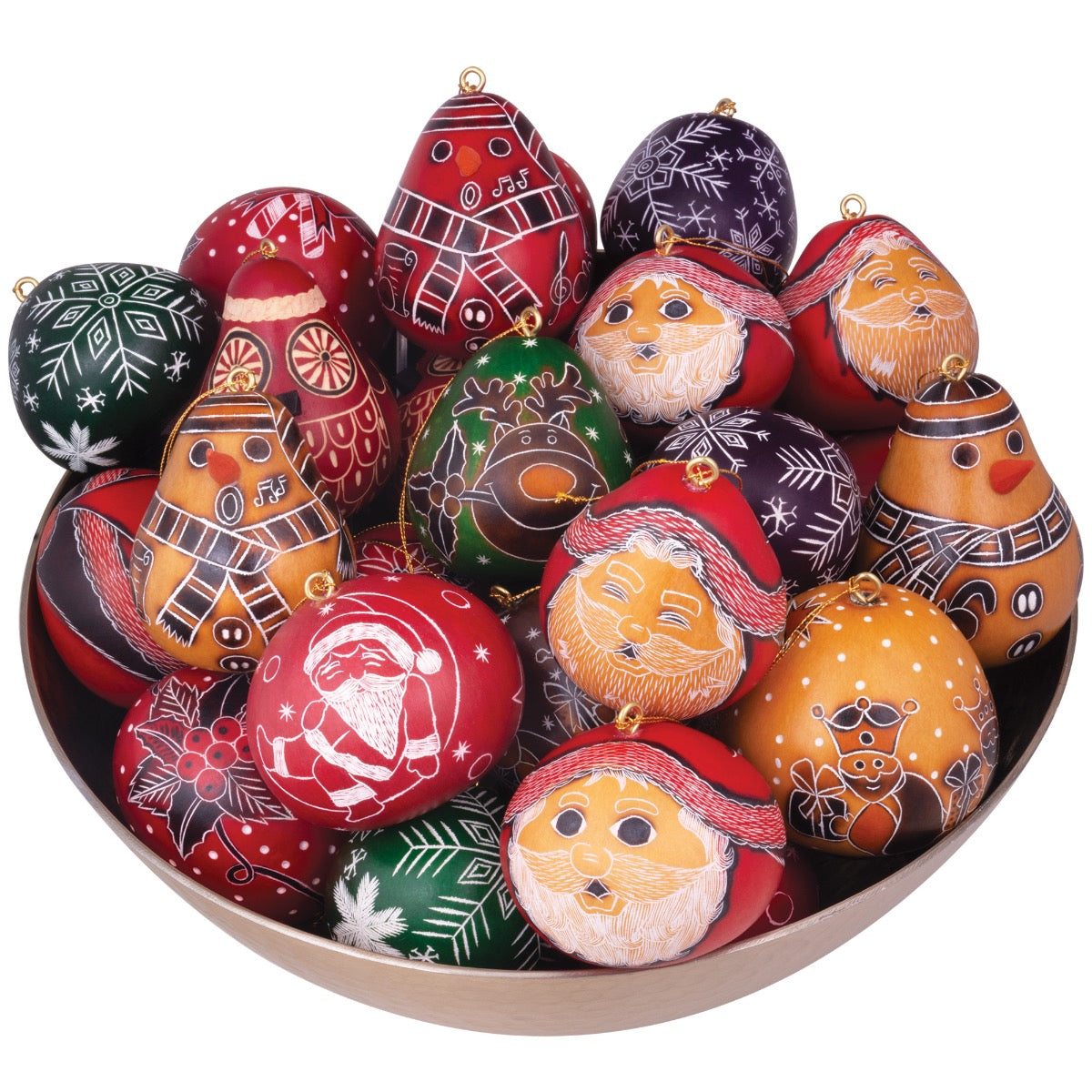Honoring All People


How do we practice it?
Our identity and collections
- Partnering with artists who are dedicated to preserving their traditional art forms in the highest form and showcasing the Peruvian culture has been a part of Lucuma Designs’ mission and identity since 1998.
- It is and has always been our goal to bring into the market not just original and authentic gifts, but beautiful handmade objects made by incredible people who follow their passion and are driven by love for their art and traditions.
- To create our collections, contemporary gourd artists are practicing very similar carving and burning techniques as Peruvians used over 4,500 years ago.
- Our hand-knitted finger puppets, ornaments and toys are born from the rich knitting tradition and innate talent of the Quechua and Aymara communities in the highlands of Puno, Peru.
- Our ceramic ornaments and folk art also have deep roots in traditional Peruvian clay art which dates thousands of years.

Our Design Work
- Even though we strive to innovate with creative and modern designs, traditional techniques are at the core of our collections and are kept alive.
- Nature often inspires our designs. Not just because we love nature and its beauty, but also because we feel it is a language we share with our partners and allows us to connect people across cultures.
- Nature often inspires our designs. Not just because we love nature and its beauty, but also because we feel it is a language we share with our partners and allows us to connect people across cultures.
- When designing new products or themes, we take into account the sensibilities of our artist partners, and our product development is based on close collaboration.
- With respect to other cultural traditions, we do our best to avoid using symbols or iconography that may belong to someone else.
Sample Cases
Example: Too Spooky!
A few years ago, wanting to complete our Halloween collection, we requested our knitting partners in Puno, Peru to create for us a spider finger puppet as well as a dracula, a ghost and other characters. We carried them for several years until one day, we discovered that the ladies knitting our spiders were not happy. They shared with us that they were having nightmares because of them.Learning & Evolving
Cultural appropriation is a concern we're mindful of.

- As an example, our Polar ceramic nativity is a creative interpretation that displays Mary, Jesus and Joseph as indigenous people of the far North. This is a group to whom neither we at Lucuma Designs, nor the artists are related to. Eduardo (our partner in Arequipa, Peru) created this nativity along with others depicting different ethnic groups, from a desire to highlight different cultures with his art. As such, we adopted this favorite theme also from our own desire to inspire greater appreciation for diverse cultures and promote inclusivity.
- In the same spirit, we designed our Hawaiian nativity with inspiration from the people of Hawaii and the Pacific Islands.
Fair Trade is rarely black or white, and these are all complex issues for which we don’t yet have all the answers. As we learn and grow into our perception and understanding of what this principle asks of us, our views are evolving.
What do you think? If you have a question or want to share a thought, please write to us!





